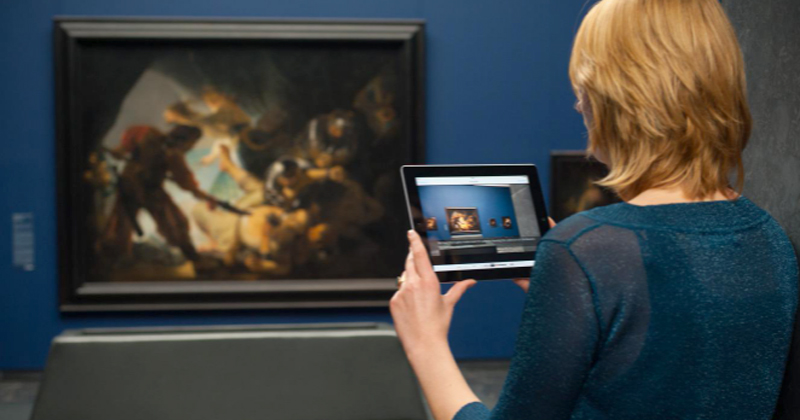Brazil (University of São Paulo) Podcast explains historical sources and document conservation in the digital age

What is a historical source? How do historians access them and what are the main methodological precautions in handling them? These are some questions from the new episode of the Medieval Studies podcast , produced by the Laboratory of Medieval Studies (Leme) of the Faculty of Philosophy, Letters and Human Sciences (FFLCH) at USP.
Available on Spotify podcast streaming at this link or on the Medieval Guide page , the podcast also addresses the impact of the digital age on research and how the field of Digital Humanities can contribute to the work of the historian. Therefore, specialists approach much more than questions related to the medieval period and try to explain about the historian’s work.
Vinicius Marino Carvalho, doctoral student in Economic History at USP, and Thiago Juarez Ribeiro da Silva, professor of Ancient and Medieval History at the University of Brasília (UnB) participate in these themes to comment on these themes in about 50 minutes of audio. mediation is carried out by Eric Cyon Rodrigues, all researchers at the Medieval Studies Laboratory.
“Regardless of the theories, methods and period that the historian chooses for his work, the historical source is the basic and essential material of his study. Without the sources, there is no history as a scientific field”, begins the episode. “Sources are not mere reports about events, but vestiges through which the historian extracts data about societies from other periods.” Based on this question, the researchers talk about what is considered a source, from an accounting record to a shard of pottery.
The researchers also talk about how digitalization has made it easier to access historical documents, since it is possible to consult them on websites of libraries and archives that digitize their collections, and what are the theoretical and methodological implications of this passage.
“Access contributes immensely to the democratization of research and today it is possible to carry out high-level research without leaving home”, highlights Carvalho.
They also explain about the methodological implications in the analysis of the sources. For example, how digital technologies involving handwritten sources made the analysis process much faster and without the possibility of error, since before the historian had to do the transcription manually.
A podcast with bibliography
The aim of the Medieval Studies podcast is to disseminate content produced by researchers on History, Archaeology, Art History and Anthropology. The episodes are monthly and some have interviews, presentations and chats (in English) with scholars of Medieval History who work outside Brazil.
The script of each program is built around an updated bibliography on the subject and the sources used for the study of what is discussed and the current lines of research are presented in each conversation. Among the themes already addressed in the episodes are the Crusades, the papacy’s influence on governments, the biography of Emperor Charlemagne, feudalism, the material culture of barbarian kingdoms and the relationship between games and history.
